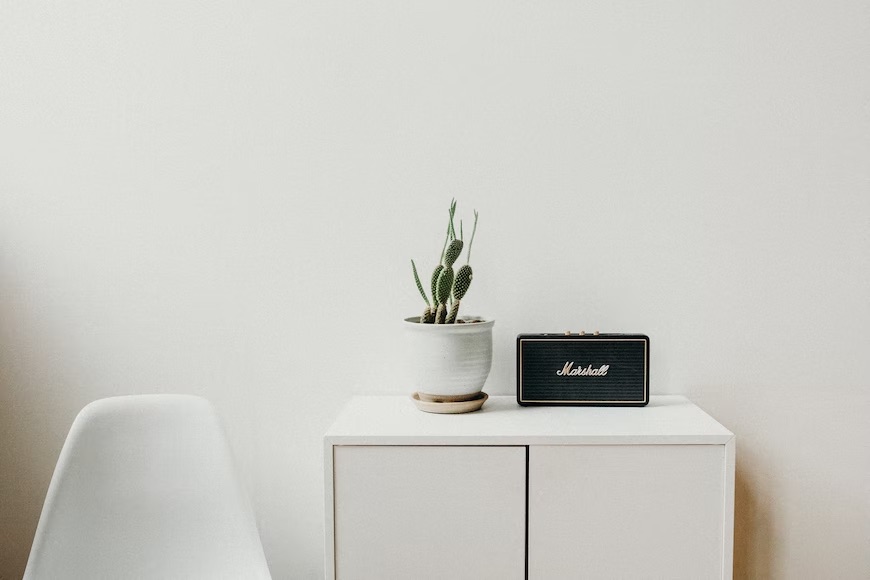Bulimia is an eating disorder and a classified mental health condition.
For people who suffer with bulimia, it is common to go through periods in which they will eat a large amount in a small amount of time, known as binge eating. If they do this, they will then make them self vomit deliberately, partake in excessive exercise or use laxatives, or a combination of these to stop themselves gaining weight and aiding in the loss of weight.
Both men and women can have bulimia, however it is statistically far more common in women of a younger age currently, and is most likely to develop in the mid-to-late teens.
Symptoms of Bulimia
The symptoms of bulimia can vary, but in general they include:
consuming large amounts of food in a small space of time – this is often out-of-control
forcing yourself to vomit manually or using laxatives after a binge to avoid putting weight on, this is known as purging
doing excessive exercise after a binge
having a fear of putting weight on
being extremely critical about your own personal body image, shape and weight
mood changes – feelings of being very tense or anxious.
thinking about food regularly
behaving in a secretive fashion
feeling guilty or ashamed of eating or thinking about food
actively avoiding social activities which involve food, such as dinner parties
feeling like you do not have control over what you are eating
Physical indicators of bulimia include:
feeling exhausted
a sore throat from being sick
bloated stomach with or without pain
a puffy face
self-harming
damaged teeth from the acid in vomit
- dry hair or hair loss
Warning signs of bulimia in another person
There are a few signs that you should watch out for that may indicate whether someone else has bulimia.
eating an excessive amount quickly
going to the bathroom after eating, returning looking flushed often
obsessively and excessively exercising
Getting help for Bulimia
In order to recover from bulimia, it is essential to get as much support and help possible, as soon as possible. If you think you could have bulimia, visit your GP as soon as you can get the next available appointment.
Typically, your GP will ask you questions involving your habits around eating and how you are feeling in general. They will also check your how much you weigh and your overall health.
If they decide that it is likely that you have an eating disorder, you may be referred to an eating disorder specialist.
Something which people understandably struggle with is admitting they have a problem and therefore struggle in asking for help. To make things easier, you could take a friend or family member with you to your appointment.
If you want to talk to someone before seeing a doctor, consider contancting the eating disorder charity Beat on the adult helpline 08088010677 or on the youth helpline 0808010711.
Helping another person to get help
It may be the case that you are concerned about a family member or friend and believe they have bulimia. You should let them know of your concern and encourage, but do not push them to see a GP – you could offer to go along to the appointment with them so that they feel more at ease.
Treatment for Bulimia
The treatment for bulimia can take time, but it is effective as it is something that can be beaten. The treatment offered for adults and those under 18 can differ slightly. Most sufferers will be able to stay at home during their treatment process. However, in severe cases you may be admitted to hospital if you have any of of the following complications:
being extremely under weight
problems with the heart
your life being at risk
if you are under 18 and it is believed that you do not receive enough help at home
You are self-harming or it is believed by a doctor that you may self-harm
If you are over the age of 18, you will likely be offered a guided self-help programme. This will involve you working your way though a self-help book, and it often includes keeping a diary of your thoughts and feelings and making meal plans. Through all of this, you should be supported by a therapist.
If deemed necessary for an adult, you may also be offered cognitive behavioural therapy as part of your treatment plan.
If you are under the age of 18, you may be offered family therapy. This is where you and your family will talk to a therapist, aiming to explore the effect bulimia has had on you and how your family can support you in the most effective way.
Usually, you may also be offered CBT even if you are under 18.
If you feel as though you need more information on treating this, click here to contact us.

